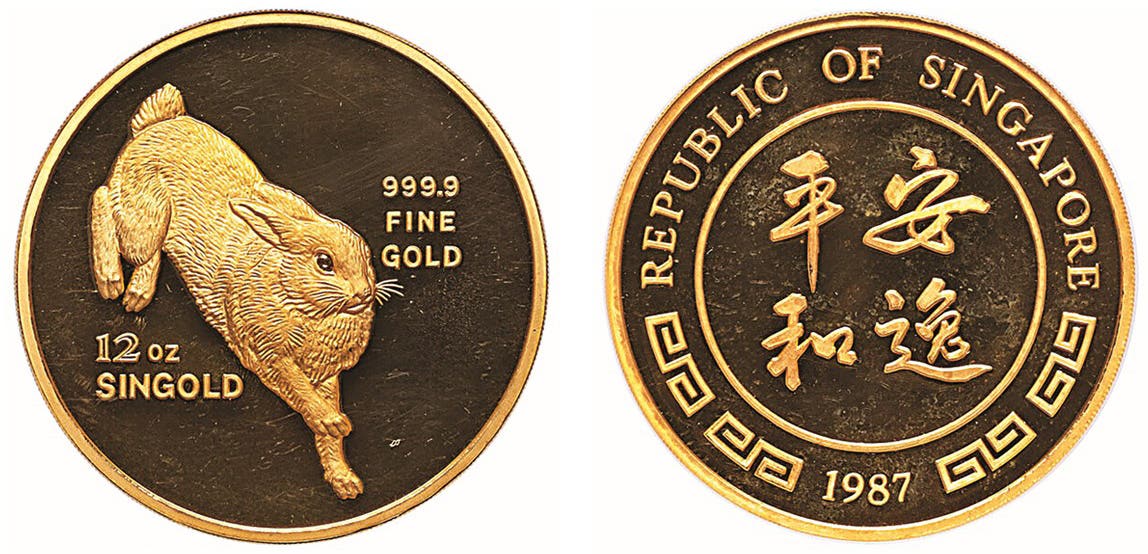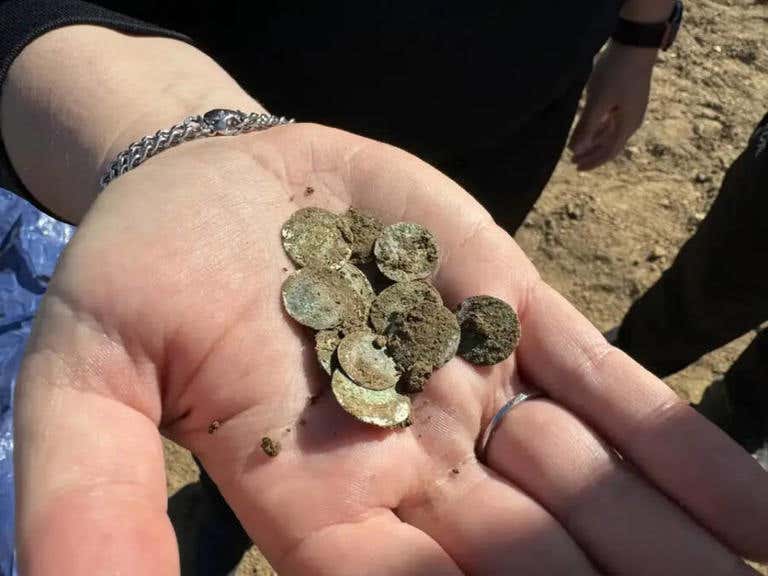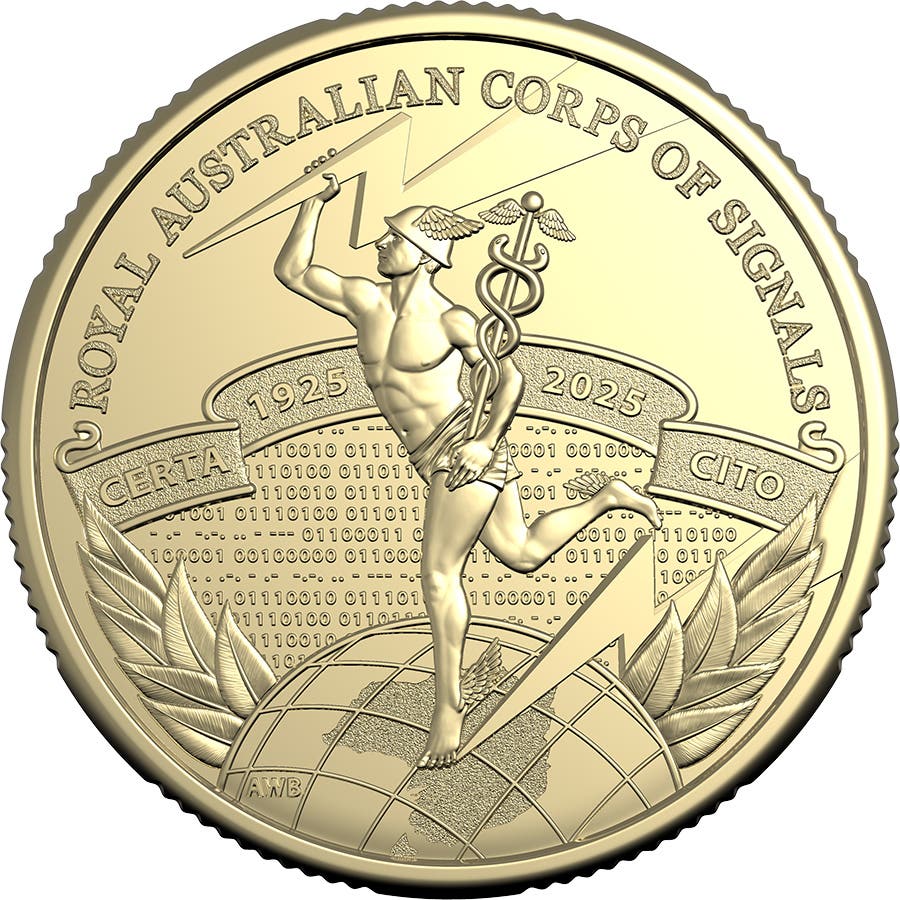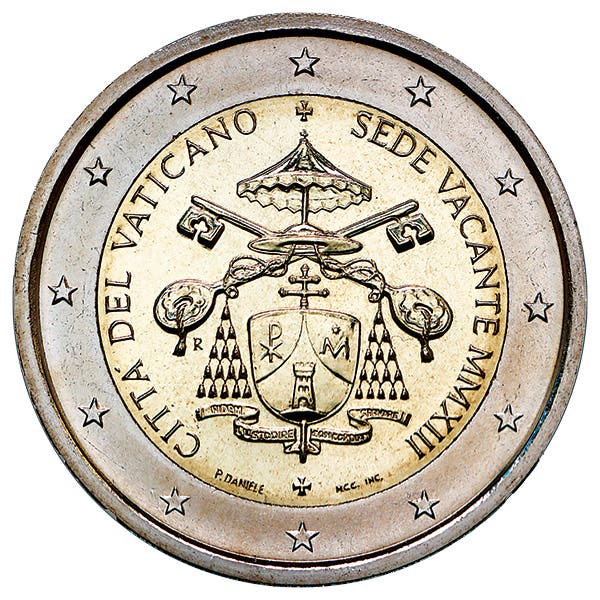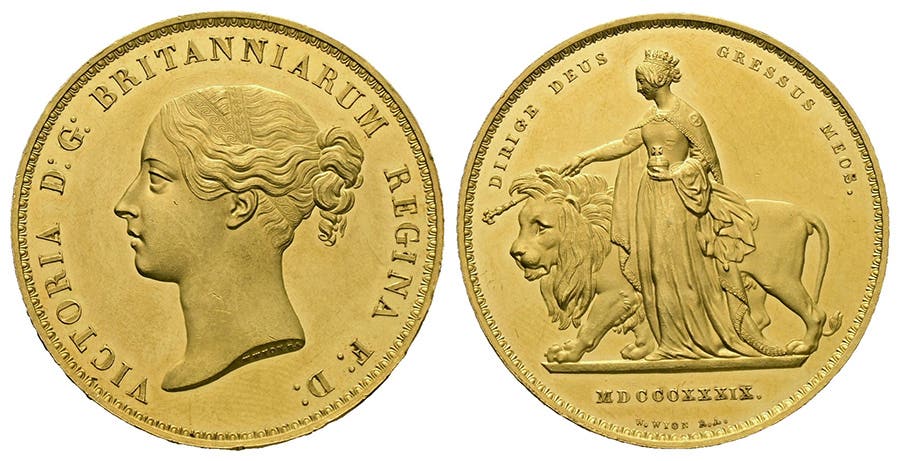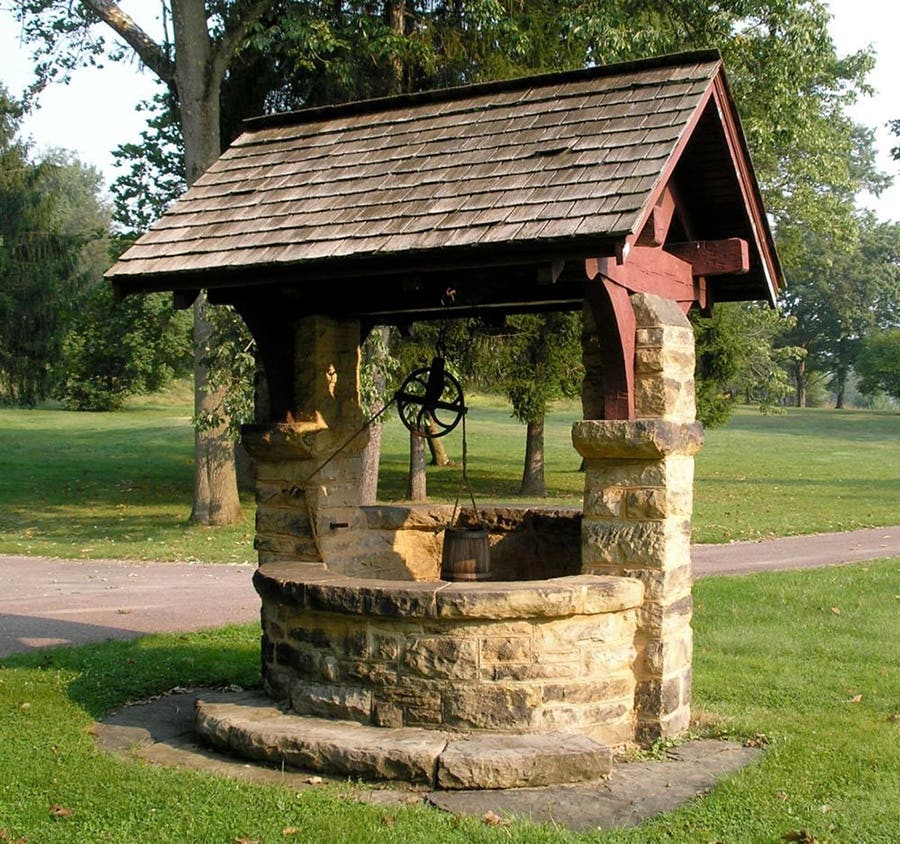Counterfeit Money Circulates
Kosovo has become inundated with counterfeit Euros.
Counterfeiting has been long considered one of the oldest professions in the world. Counterfeiting has been going on since the invention of the coin in Lydia in about 560 B.C. Contemporary counterfeit Lydian staters are known.
Counterfeit money has been viewed as an attack against the crown or the state. Thomas Rogers was hung, drawn, and quartered, and his wife was burned alive in England in 1690 for “clipping 40 pieces of silver.” England became more civilized later, simply hanging an Anglican priest in 1777 for counterfeiting. The death penalty for counterfeiting U.S. securities was authorized by the Act of April 30, 1790, in the fledgling United States. If it weren’t so profitable, why would anyone risk their life by becoming a counterfeiter?
You may also like: Counterfeit Coinage: A Costly Mistake
If counterfeiting is so dastardly, why are counterfeit coins being openly used as legal tender coinage in Pristina, Kosovo? The southeastern European nation of the Republic of Kosovo is landlocked in the Balkans. The nation borders Albania, Macedonia, Montenegro, and Serbia.
Albania uses the lek, Macedonia uses the dinar, Montenegro uses the European Union euro, and Serbia uses the dinar as its currency. Kosovo is not officially a member of the European Union’s Eurozone; however, this hasn’t stopped Kosovo from treating the euro as its official currency in addition to the Serbian dinar.
The Pristina police forensic laboratory identified 4,451 counterfeit 2-euro coins during the first half of 2022. During the same period in 2023, the laboratory identified more than 30,000 bogus 2-euro coins.
Pristina counterfeit laboratory expert Vjollca Mavriqi was recently quoted by the Reuters news service as saying, “The quality ranges from very poor to very good. Before, the fake coins were not magnetic and now they are, before they had issues with weight but now they match the genuine ones.”
Police submitted 804 cases regarding counterfeiting to prosecutors in 2022. An additional 486 cases had been filed by mid-2023.
There is no single place from which the counterfeits are originating. A man and woman were arrested early this year for transporting 10,600 counterfeit 2-euro coins from neighboring North Macedonia. Counterfeit euro coins and bank notes are offered for deep discounts through Albanian language videos that appear on social media. Facebook has a site titled Counterfeit Coins and Links Exposed and Explored that covers “all the fake crap we find on Facebook Coin forums.”
The greater problem is that the Kosovo public appears to be accepting 2-euro coins regardless of whether they are the real deal or not. Part of the problem may be the many 2-euro coin types available. Between 2004 and 2015, Italy issued 18 different 2-euros. Lithuania issued nine different types between 2009 and 2022. Germany issued 30 different types between 2014 and 2017. The list goes on.
You may also like: Privately Sold Hoard Coins a Problem
Reuters interviewed a supermarket manager who admitted it was easier to re-circulate bogus 2-euro coins to its customers than take the risks of depositing them at banks and likely having to deal with the police later. Reports from other sources indicate retailers are openly accepting questionable 2-euro coins and then placing the coins back into circulation afterward.
According to the central bank website, “The Central Bank of the Republic of Kosovo participated in the training program for the institutions of the Republic of Kosovo that deal with the fight against counterfeit money with special emphasis on euro bank notes and coins, which was organized on 20 and 21 September 2023 by the European Union Rule of Law Mission in Kosovo (EULEX), in partnership with the European Technical and Scientific Centre (ETSC) within the Office for Economic and Financial Affairs of the European Commission (ECFIN), the European Central Bank (ECB) and the European Financial and Economic Crime Centre (EFECC) within EUROPOL.”
The website continues, “The Central Bank of the Republic of Kosovo remains deeply committed to supporting all activities and the fight against counterfeit money, as well as calls for increased caution in verifying cash, reducing its use by favoring electronic payment instruments.”



